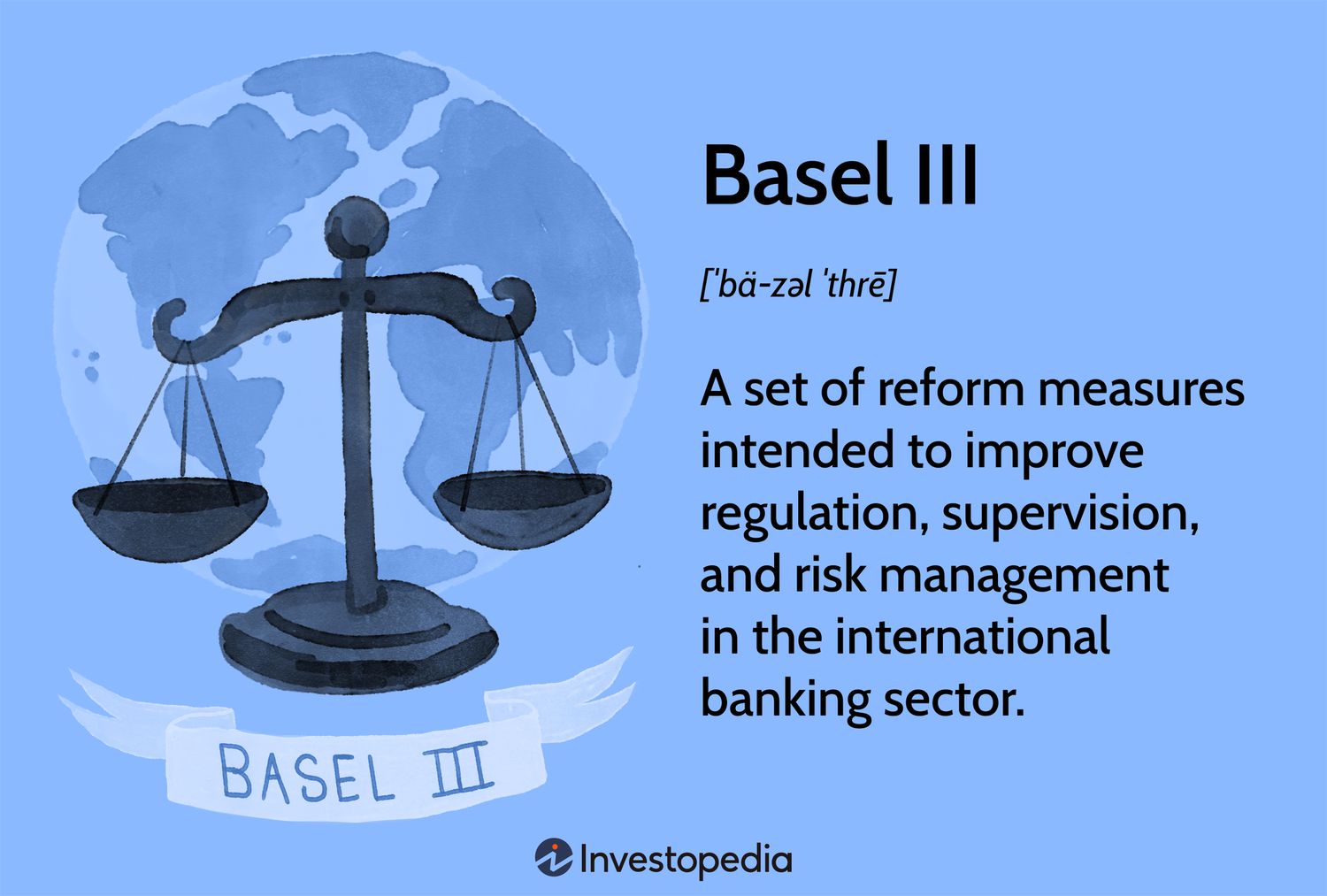Muslim Theocratic Regimes are out of history, out of time, and incompatible with the free world based on the Greek-Roman Civilization
Like Strauss in his famous book “Das Leben Jesu”, The Life of Jesus, treats the idea of God and the existence of Jesus as a myth, thus breaking the idea of the sacred and religious, to bring the rational ‘idea…

